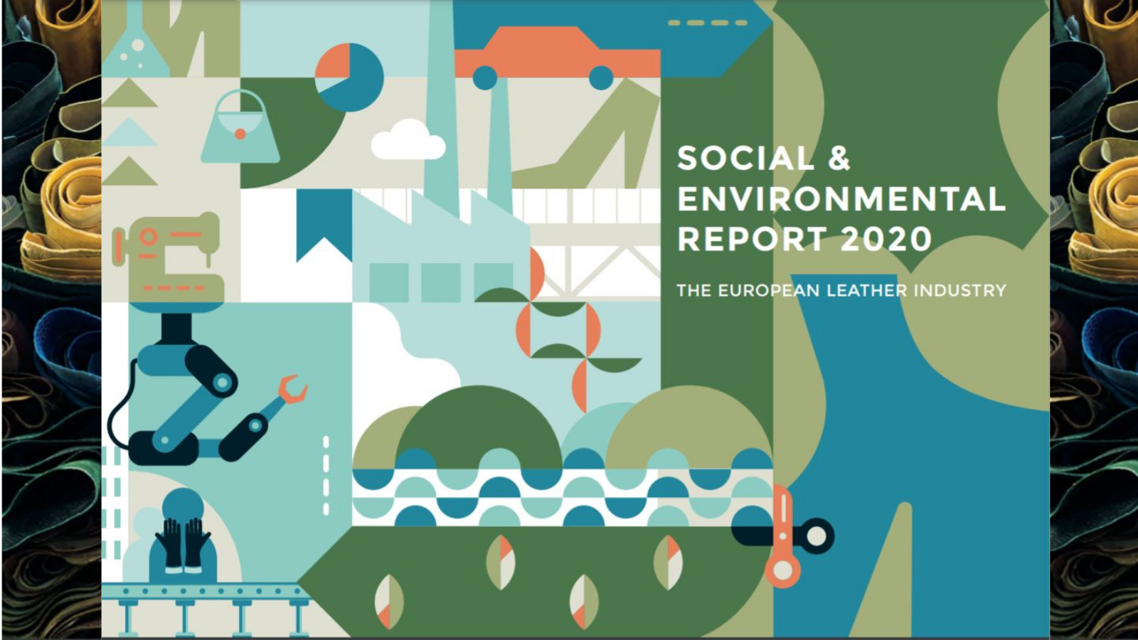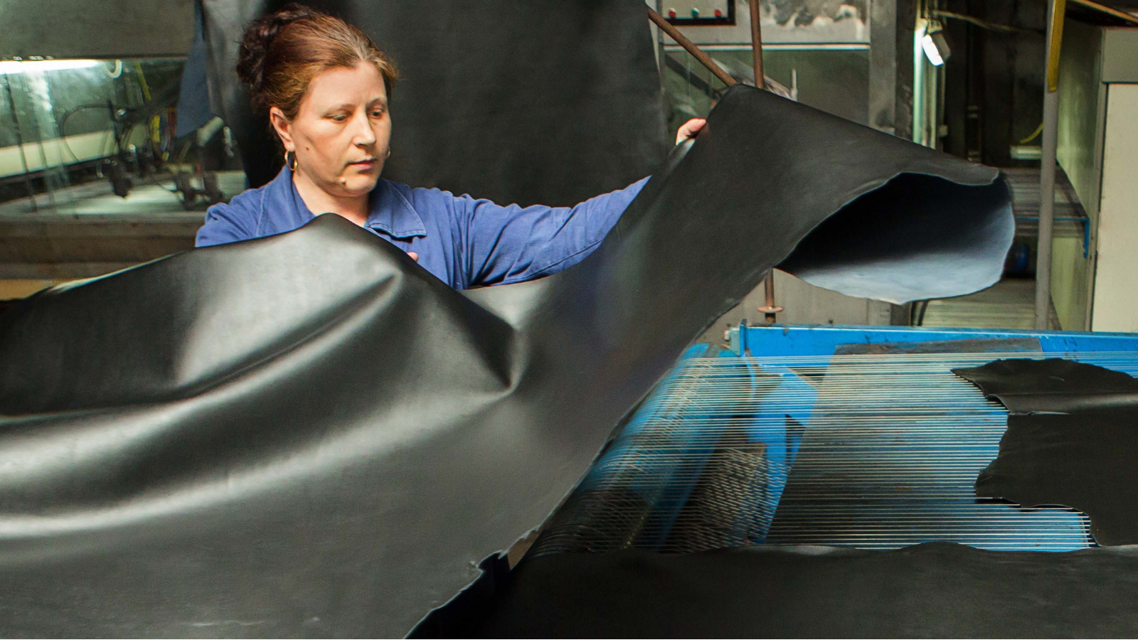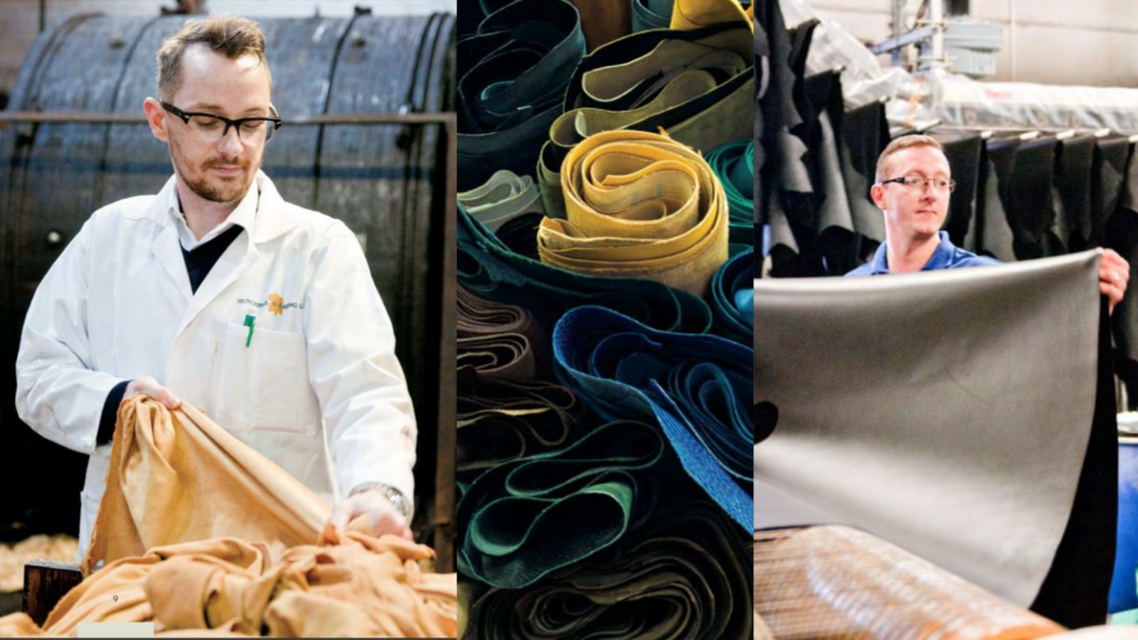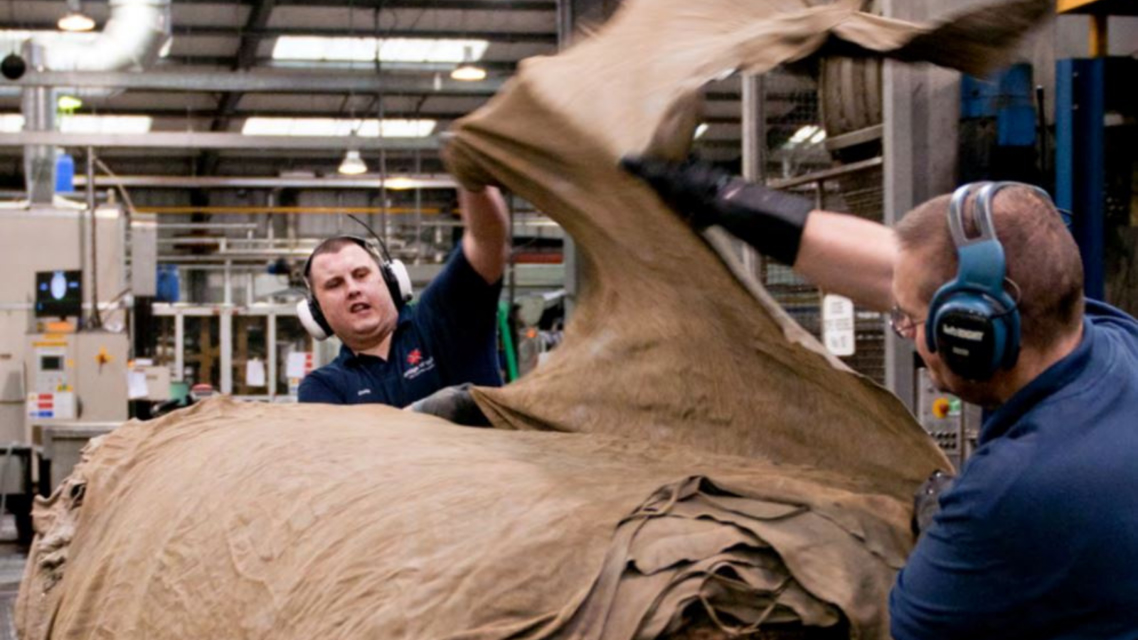A recent analysis of social and environmental indicators demonstrates that tanneries in Europe are increasingly committed to the ethical and social aspects of their business. Through continuous investments, they have been able to ensure substantial improvements in process efficiency and in pollution prevention and control.
The analysis was conducted as part of an EU-sponsored project ‘Leather: Social and Environmental Report 2020’ (SER 2020). It was jointly managed by the Social Partners in the European leather industry: COTANCE (representing employers) and industriAll European Trade Union (representing workers).
The SER represents a novel approach for the entire European leather industry. It provides a comprehensive analysis of environmental and social factors involved in the economic growth of the industry in Europe.
The report considers the main elements linked to the sustainable development of European tanneries and documents guiding principles agreed by the Social Partners to help achieve this goal. Key strategic concepts illustrated in the SER highlight the ecological contribution of tanneries that base their production on by-products of renewable origin. The SER also highlights that the success of tanneries builds on a mix of tradition and innovation, and therefore relies heavily on a particularly skilled workforce.
European leather production historically positioned itself at the top end of the market, constantly seeking to improve quality and to innovate its offer to the market. Europe is an important player in the international leather trade, with 25% of the world's leather production and one of the largest and most dynamic consumer markets for leather articles. Over 3,000 companies make up the sector which employs around 50,000 people directly.
The SER demonstrates the efforts made by European tanneries over the years to improve the sustainability of their production. Moreover, the joint commitment of the Social Partners to environmental and social values should be a competitive advantage. Combining a strong ethical dimension with investments will help to keep European tanners ahead of international competition.
At the final Conference of the project, last December, the Social Partners expressed their interest in continuing the exercise of social and environmental reporting.
IndustriAll Europe Deputy Secretary Judith Kirton-Darling:
Project information and the 'SER 2020' in EN, FR, IT, ES, DE, PT, RO, HU and SE are available here



